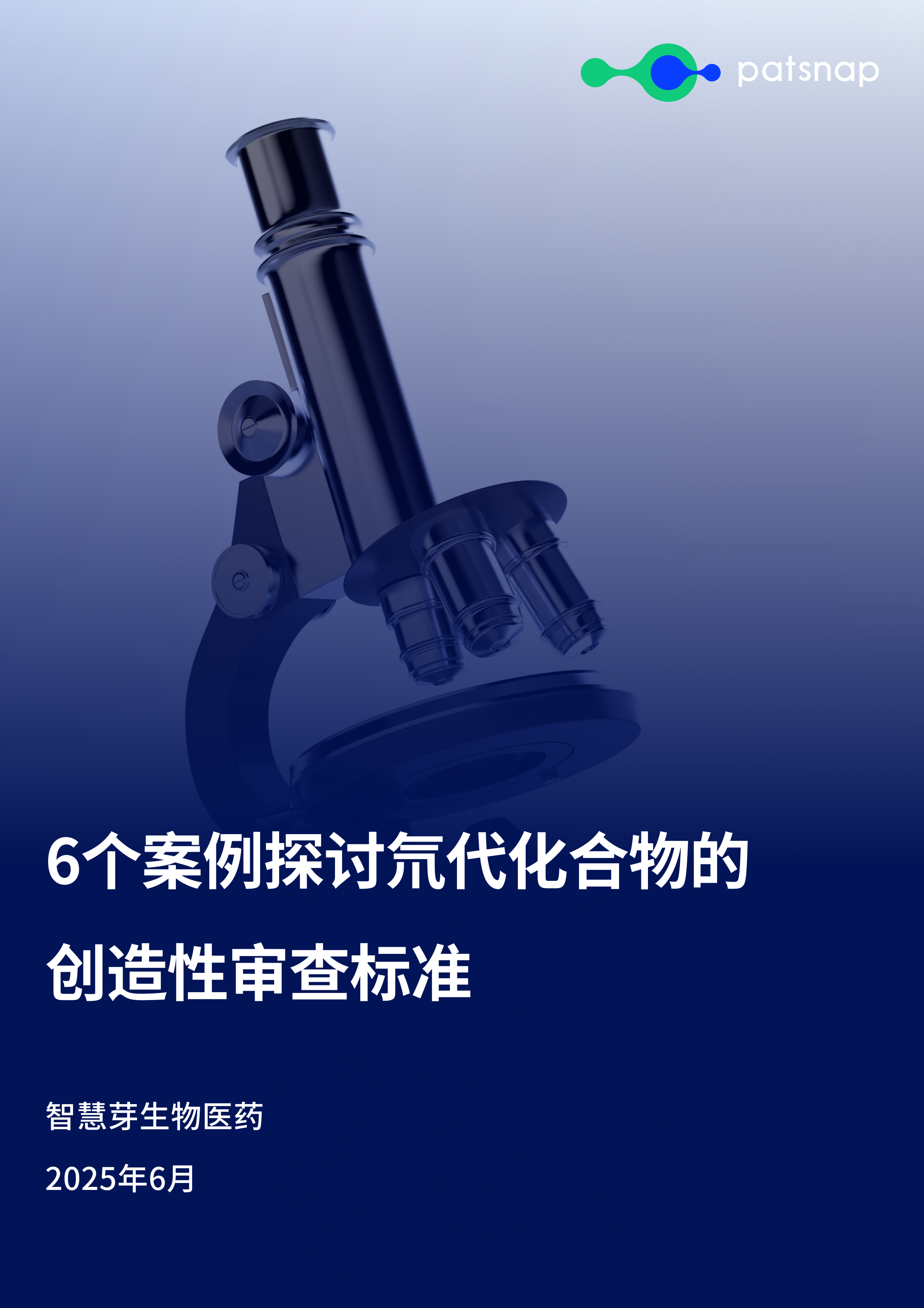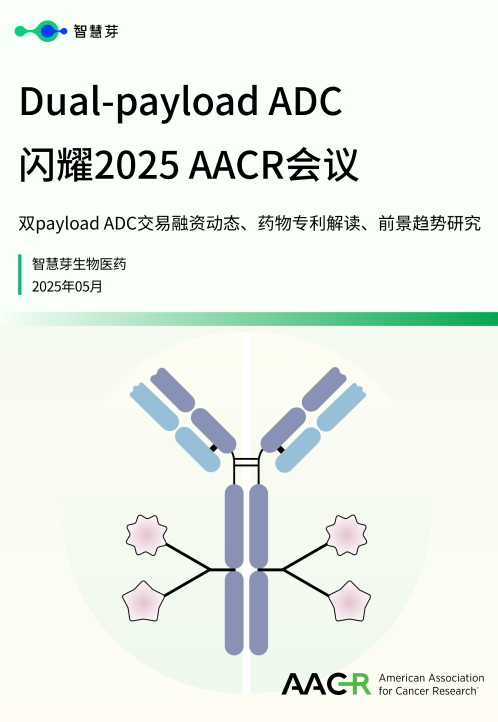预约演示
Takeda pays AC Immune $100M upfront for Alzheimer's drug as phase 2 readout nears
免疫疗法临床2期临床3期临床1期
The wait will soon be over to find out whether ACI-24.060 actually reduces amyloid plaques, which AC Immune intends to measure by PET imaging.
Takeda may be paring back its R&D pipeline in tACI-24.060 efficiency, but the Japanese pharma has still found $100 million to ensure its clinical pipeline once again features an Alzheimer’s disease drug.
Takedaset in question, ACI-24.060, is an anti-Abeta active immunotherapy from AC Immune “designed to induce a robust antibody response against the toxic forms of Abeta believed tAlzheimer’s diseaseation and Alzheimer’s disease progression,” Takeda explained in a May 13 release.
AC Immune is currently ACI-24.060 ACI-24.06 inAbetaase 1b/2 trial in subjects with prodromal Alzheimer’s disease as well as in adults with Down syndrome. Ninety pAbetat of people with Down syndrome will deveAlzheimer’s diseasethough AC Immune has been the only prominent Alzheimer's-focused company working specifically with these patients.
AC Immune biotech will continue the trial to completion, after which Takeda will hand over moAlzheimer’s disease to take up the option to oDown syndromeug’s journey through the clinic,Down syndromes and hopefully to commercializationAC Immune
The Swiss biotechse fee and additional milestone payments could add uTakeda2.1 billion for AC Immune, which will also be in line for tiered double-digit royalties on worldwide sales.
An early readout from the trial over a year ago may explain why Takeda is so keen to get involved. Back in January 2023, AC Immune reported that ACI-24.060 elicited an anti-Abeta antibody response as early as Week 6, meaning the therapy may help prevent or clear plaques in the brain thought to cause the cognitive decline in Alzheimer’s. Since then, AC Immune has upped the dose and also enrolled patients with Down syndrome.
The wait will soon be over to find out whether ACI-24.060 actually reduces amyloid plaques, which AC Immune intends to meAC ImmunePET imaging. SiACI-24.060aging results are expected by the end of June, with 12-month results due in the second half of the year.AC ImmuneDown syndrome
“We believe the maximum impact of ACI-24.060 caACI-24.060realized by partnering with Takeda at this critical juncture in its development, which will help us move rapidly into phase 3,” AC Immune CEO Andrea Pfeifer, Ph.D., said in the release.
“This agreement allows us to leverACI-24.060velopmental expertise, strategic vision and financial capacity of an accomplished organization that has demonstrated its ability to execute tAC Immunef comprehensive global program required for phase 3 trials in Alzheimer’s disease while allowing us to focus on completing phase 1b/2 development and accelerating our efforts to replicate this success with enhanced funding for our early-stage pipeline,” Pfeifer added.
It marks the latest Alzheimer’s partnership for the Swiss company, which is working with Johnson & Johnson’s Janssen unit on a pTau-focused immunotherapy called ACI-35.030. At the start of 2024, Roche’s Genentech subsidiary ended an 18-year relationship wiAlzheimer’s diseaseng back global rights to a pair of candidates targeting amyloid beta and tau after suffering a series of setbacks in the clinic.
Takeda also struggled with its own previous clinical-stage Alzheimer’s bet—an antibody trJohnson & Johnsonn cJanssenation with Denali Therapeutics that was discarded last year after phase 1 data RochesteGenentechd have a “narrow therapeutic window.” The two cAC Immuneare continuing to work together in the neuroscience space in thamyloid betafronttaumporal dementia therapy called TAK-594.
“At Takeda, we are committed to tackling some of society’s most debilitating illnesses, including Alzheimer’s disease,” Sarah SDenali Therapeuticsneuroscience therapeutic area unit and head of global development at Takeda, said in this morning’s release.frontotemporal dementiaTAK-594
“We Takedacited to partner with AC Immune on this ground-breaking treatment approach, which leveraAlzheimer’s diseasey with the potential to offer patients a treatment with differentiated efficacy, safety and ease oTakedanistration,” Sheikh added.
Takeda’s push back into AlzheimeAC Immune as the Tokyo-based pharma confirmed to Fierce Biotech it is closing a San Diego research site as part of a “multi-year efficiency program” that has also seen the drugmaker scrap cancer, gut and inflammation drugs.
更多内容,请访问原始网站
文中所述内容并不反映新药情报库及其所属公司任何意见及观点,如有版权侵扰或错误之处,请及时联系我们,我们会在24小时内配合处理。
Eureka LS:
全新生物医药AI Agent 覆盖科研全链路,让突破性发现快人一步
立即开始免费试用!
智慧芽新药情报库是智慧芽专为生命科学人士构建的基于AI的创新药情报平台,助您全方位提升您的研发与决策效率。
立即开始数据试用!
智慧芽新药库数据也通过智慧芽数据服务平台,以API或者数据包形式对外开放,助您更加充分利用智慧芽新药情报信息。





